AUDA-NEPAD and Michigan State University’s Innovative Global Virtual Study Tour to Argentina, India, USA, and Bangladesh
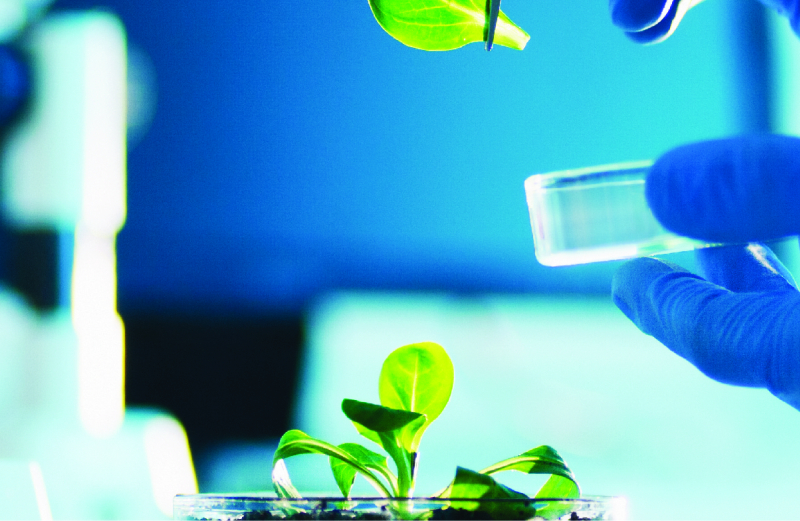
AUDA-NEPAD ABNE, in partnership with Michigan State University organised a biotechnology and biosafety global virtual study tour to four countries, Argentina, India, USA and Bangladesh, from 1 – 6 March 2021. This should have been the 9th physical study tour to countries like India and the US organised by the AUDA-NEPAD and MSU but this year, due to the pandemic it was done virtually in collaboration with partners in the four countries.
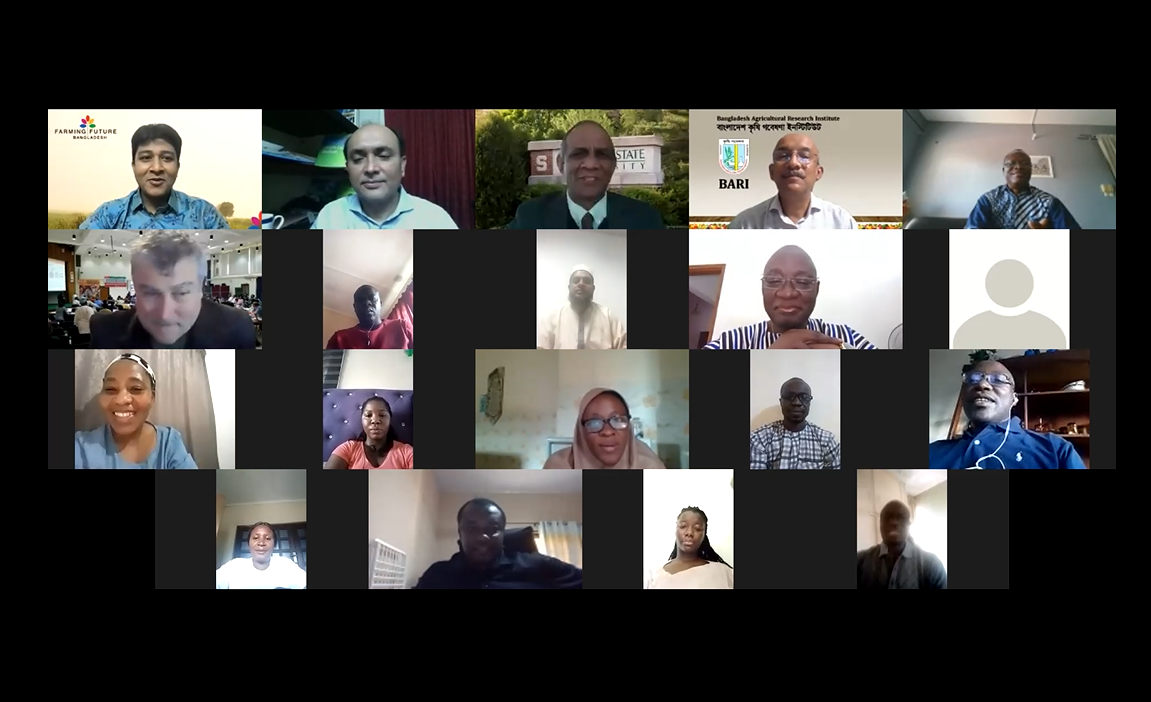
The key objective of this online study tour was to share biotechnology and biosafety experiences of the global community with focus on countries that have given approvals and successfully commercialised GMO crops. The study tour also aimed to provide opportunities for interactions with regulators, scientists, farmers, and industry representatives from these countries and to build a global resource network for African regulators and policymakers to access science-based information on biotechnology and biosafety.
The study tour programme included a three-hour session per country sharing the regulatory, commercialisation, and product stewardship experiences of biotech crops commercialised in these countries including B.t. Eggplant/Brinjal, B.t. Cotton, B.t. and Herbicide Tolerant Maize, Herbicide Tolerant Soybeans, Herbicide Tolerant Sugar Beets, and Herbicide Tolerant Alfalfa. Participants were able to watch presentations and videos of concrete applications in the field and to virtually interact with scientists, regulators, industry representatives, local farmers, and other relevant stakeholders engaged in biotechnology and biosafety in these four countries.
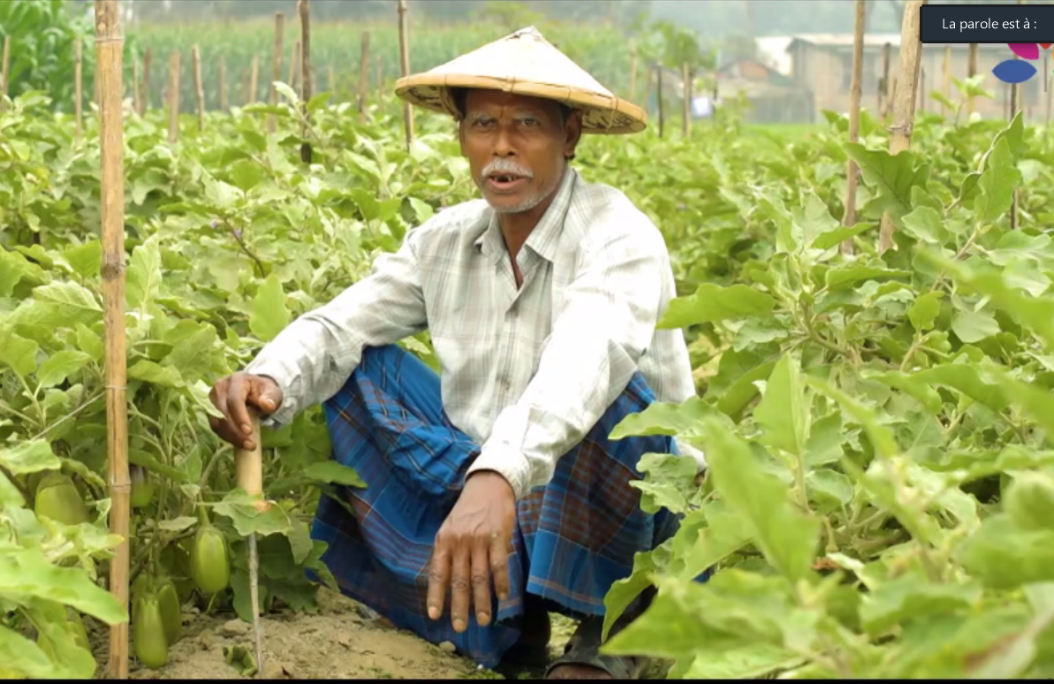
At the end of the study tour, participants praised this high-impact initiative organised by AUDA-NEPAD ABNE and MSU. They were particularly impressed to see how much technology and innovation could benefit farmers when applied safely. They called for more of such seeing-is-believing study tours especially to African countries that are advanced in the safe application of biotechnology for agricultural development and health improvement.
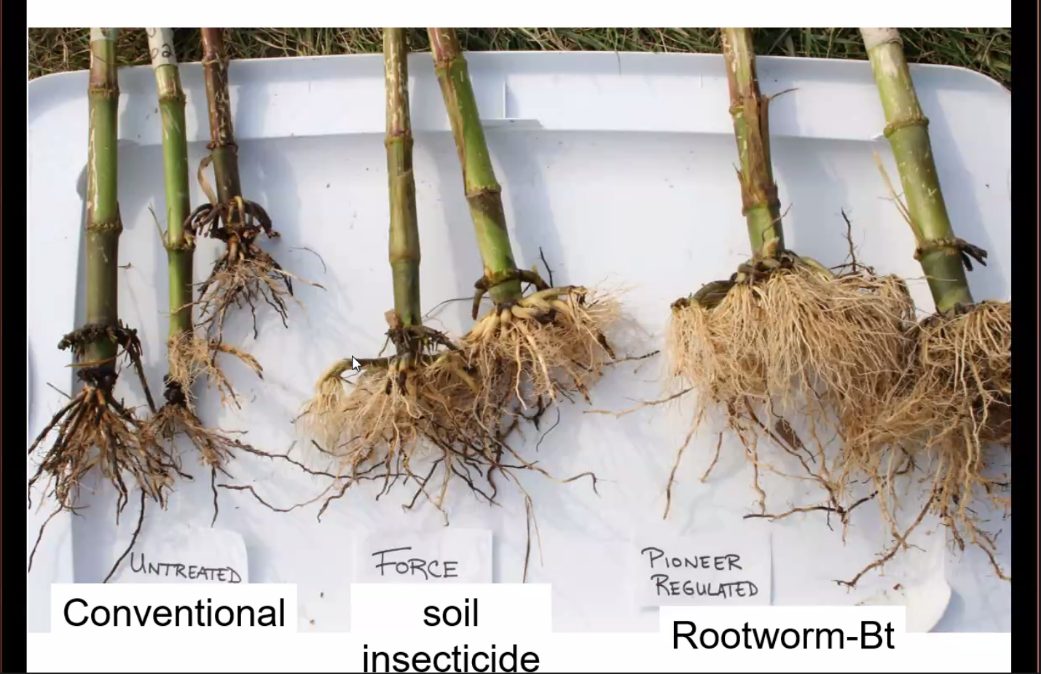
In his final remarks, Mr. Lawrence Kent, Senior Programme Officer at BMGF and member of the Technical Advisory Committee of ABNE said that “It would have been difficult to fly from the US to Argentina and then to India, to Bangladesh, and then back to Michigan State University but this virtual tour made it possible to talk with farmers, scientists and regulators in these countries about their experiences with biotech crops. It was good to see that the crops are benefiting farmers.” He added that he hoped this information would be valuable to those in Africa who are testing these crops, or regulating them and would help create functional regulatory systems that will allow safe and good crops to benefit the farmers and contribute to positive agricultural transformation in Africa.
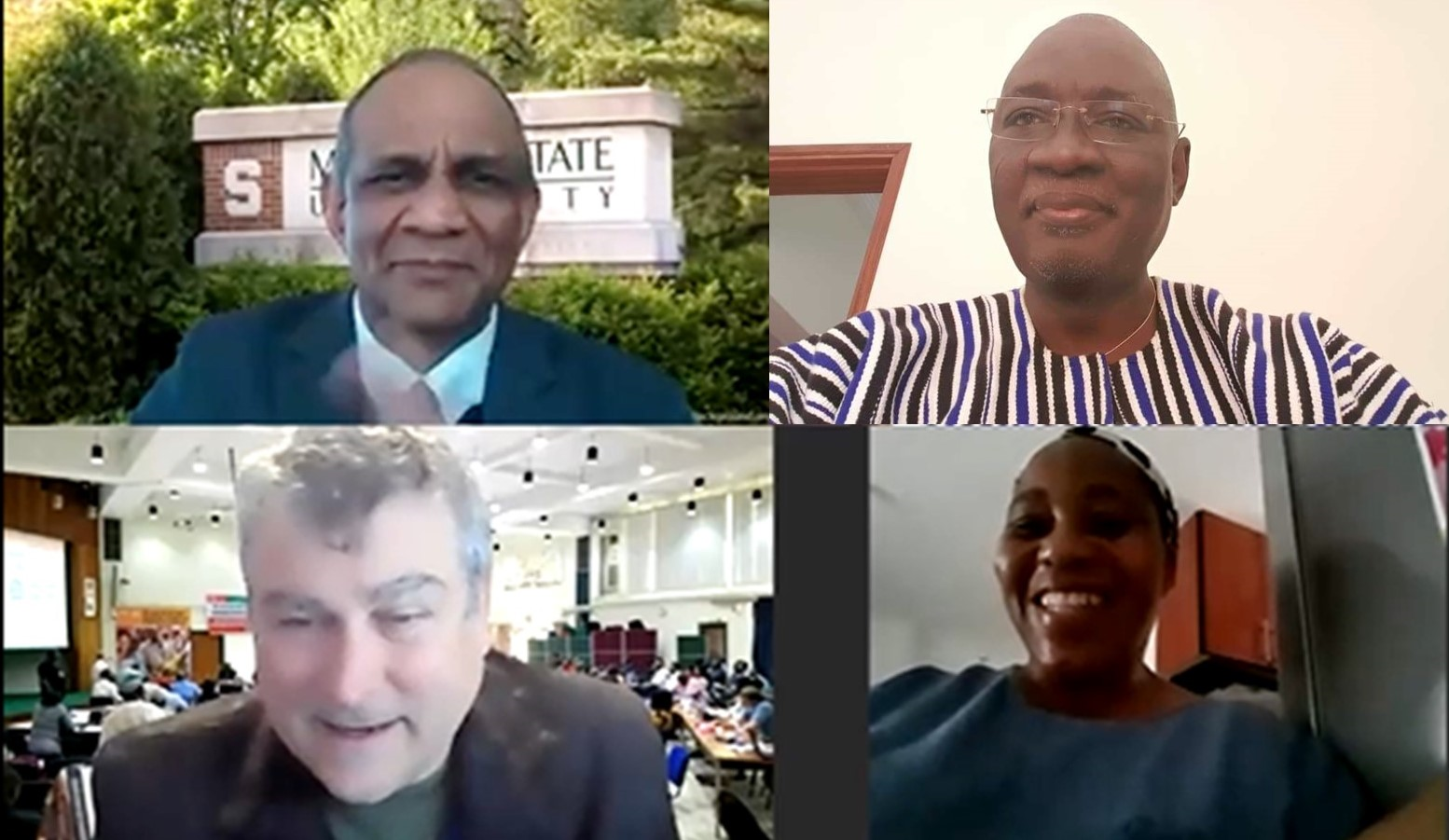
Dr Karim Maredia, Director of the World Technology Access Program at MSU said that this virtual study tour was a pilot and one of the innovations prompted by COVID-19. Sharing information and best practices is critical today, especially in a form of south-south cooperation and this is the major goal of our programme. He thanked all participants for their active participation and also the 24 research faculty, regulators, and farmers who shared their experiences. He also thanked AUDA-NEPAD ABNE team and MSU team for organizing the study tour. He finally expressed his gratitude to BMGF for their long-term continued support.
Dr Jeremy Ouedraogo, Supervisor of ABNE programme highlighted that “this study tour was made possible thanks to our strong partnership with Michigan State University. It has been very useful, informative, and fruitful to the group. We will make sure that the next tour focuses on African experiences where scientists, regulators, farmers, and decision-makers can also share their views and experiences, their fears, and the challenges they are facing about biotech. He added that “COVID-19 has shifted the paradigm and opened the eyes of African countries. It is obvious today that our scientists need to develop health and food products that will primarily benefit the African people and not wait for products such as vaccines from outside.”



